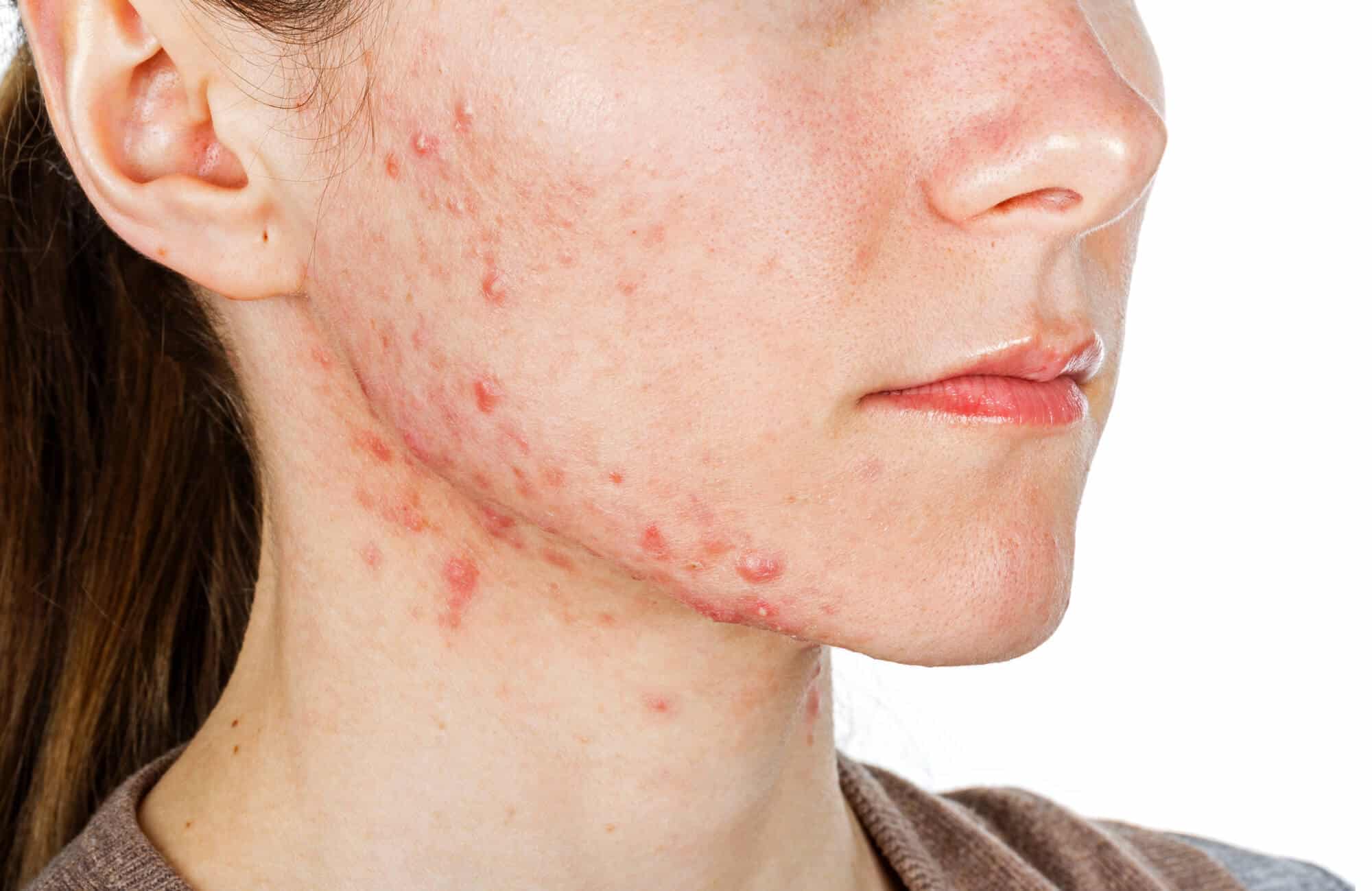An epidemiological study carried out by Dr. Halaf Kharidin, from Poriya and the Bar-Ilan University School in the Galilee, examined the risk of developing psychiatric morbidity in patients taking the drug isotretinoin (Raucotan) for the treatment of acne - a drug suspected of causing depression and suicide

An epidemiological study carried out by Dr. Halaf Kharidin, director of the dermatology service at Furia Hospital and a faculty member at the Faculty of Medicine of Bar-Ilan University in the Galilee, examined the risk of developing psychiatric morbidity in patients taking the drug isotretinoin (Raucotan) for the treatment of acne. This is a very common drug, used by hundreds of millions of teenagers around the world, and it is suspected to be related to cases of suicide and depression.
The study looked at approximately 76 men and women with acne who were treated with Roctan and the same number of men and women with acne who were treated with systemic antibiotics. Dr. Charidin and his partner, Prof. Ralph G. Ludwig from the University of Lübeck in Germany, compared the incidence rate of nine different psychiatric phenomena between the two groups. After a statistical analysis of the findings, it was found that Bracotan patients have a lower risk of developing a long list of psychiatric diseases.
In light of anecdotal case stories of suicidality and depression that have been associated in one way or another with taking Raukotan, concerns have been raised in the past about psychiatric effects related to the use of the drug. Epidemiological studies that dealt with the psychiatric safety of raukotan were inconclusive and had methodological deficiencies that damaged their reliability. The findings of the work of Dr. Charidin and Prof. Ludwig are of great importance for doctors who treat acne as well as for those who treat psychiatric conditions.
The researchers retrospectively examined data from the two global groups of patients, as mentioned, those who suffered from acne and were treated with Rocotan and those who suffered from acne and took antibiotics. There were 75,708 male and female patients in each group. Those who received raukotan showed a reduced risk of anxiety, bipolar disorder, schizophrenia, adjustment disorder and post-traumatic stress disorder. The patients on Rocotan were even found to have a lower risk of depression, but there was no significant difference between them and the group of patients on antibiotics at risk of major depression and suicide. It seems then that the drug is safe to use.
It is very difficult to explain what leads to a reduction in the risk of psychiatric morbidity in those who take Raukotan. "One of the hypothetical explanations is that Rakuten improves the acne condition and improves self-image," notes Dr. Charidin. "However, this explanation is very hypothetical and it is difficult to conclude this from the findings of the current study."
The research findings call for an unusual collaboration between dermatologists and psychiatrists. Indeed, "dermatologists and psychiatrists alike were concerned about Rauctan's psychiatric effects. The findings of this work indicate a high psychiatric safety profile," says Dr. Charidin, who these days is in an advanced stage of research examining whether the use of ractan may lead to inflammatory bowel disease.
The study was recently published in the prestigious medical journal Journal of the American Academy of Dermatology.
More of the topic in Hayadan:
- The corona crisis resulted in a significant worsening of symptoms of anxiety and depression
- Personalized medicine: a platform that enables comparative research of cancerous tumors
- A trachea created using stem cells was implanted in a tuberculosis patient
- Meeting with a patient - as a warning bell
- A new DNA repair kit successfully corrects an inherited disease in patient-derived cells
